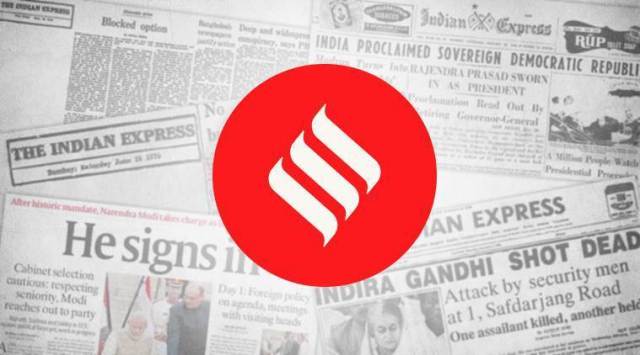
Much depends on the outcome of the Jharkhand assembly elections — results will be declared on Monday. The BJP, which is seeking another term in office, needs to win the state especially because, in contrast to its spectacular performance at the national level, it is yet to win an assembly election convincingly since its successes in UP, Uttarakhand and Tripura in 2017-18. The party has lost major states, including Rajasthan, Madhya Pradesh and Chhattisgarh, while failing to gain a simple majority in Haryana. It was outwitted by the Opposition in Maharashtra despite winning the assembly election and, in the process, lost its oldest ally, the Shiv Sena. For the Opposition, battered in the May general election, another state government wrested from the BJP will boost its confidence.
The last two phases of voting in the five-phase contest in Jharkhand were held after Parliament passed the Citizenship Amendment Act (CAA) sparking wide protests. Prime Minister Narendra Modi and Home Minister Amit Shah flagged the citizenship debate in Jharkhand in a language and tone that was polarising: The PM remarked about the dress of CAA protestors and alluded to Pakistan while talking of the political Opposition. The JMM-Congress-RJD alliance, on the other hand, kept the focus on governance-related issues: Land alienation of tribals, lack of jobs, the police action on para teachers and anganwadi workers. Though the BJP campaign initially centred on Raghubar Das providing a stable government — Das, an OBC leader, is the first chief minister to complete a full term since the formation of Jharkhand in 2000 — it soon shifted focus to work done by the Modi government on national security. That Das is also seen as a contentious figure within the BJP state unit — his main opponent in the Jamshedpur East constituency is his former deputy Saryu Rai — may have influenced the party to shift focus. It may also be counting on the Modi charisma, despite the fact that though it has netted votes for the BJP in general elections, it has not always been helpful in attracting voters in assembly contests.
The gathbandhan’s projection of Hemant Soren as the CM nominee has added a subtext to the polls: Should the CM of a state born out of a movement that emphasised the agency of tribals be from a Scheduled Tribe community or should the CM office be above such considerations? For Soren, this election is a battle to establish his claim to the legacy of Shibu Soren, arguably Jharkhand’s tallest Adivasi leader, and the JMM’s claim to be the sole representative of the state’s tribals.